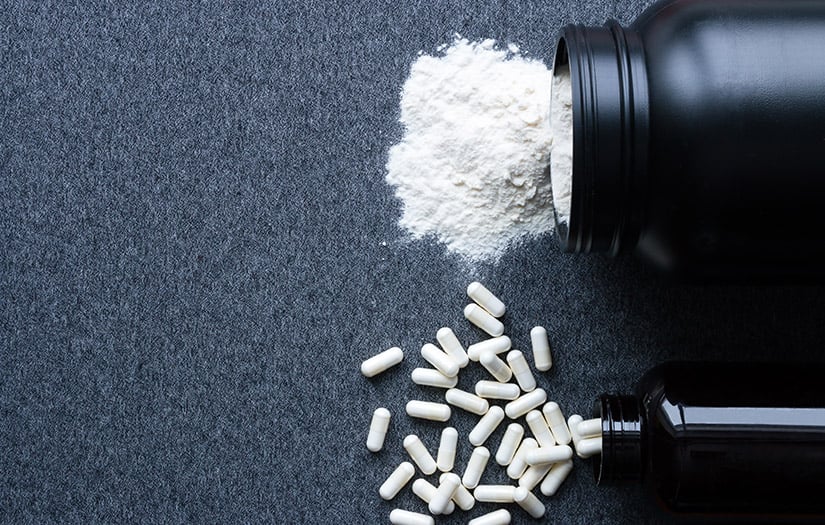
Creatine is among the most common sports supplements athletes and fitness fans use to improve their performance during exercises requiring high power levels. The naturally occurring human compound, whose concentration in muscle tissues does not change, is vital in providing cells with energy.
If one decides to supplement their body with creatine powder, the amount of this substance in their muscles will increase, thus making it easier to move large weights and gain more power while training. Hence, comprehending how creatine functions and its beneficial aspects could assist sports people or anyone involved in regular physical activities in selecting whether the powder form will help them achieve their set workout objectives.
The exercise is heavily based on weightlifting, wherein heavy resistance training relies mainly on the glycolysis anaerobic systems for energy supply. Athletes get additional muscular power from increased creatine concentration to be able to do more reps and sets and lift heavier weights while experiencing less post-workout pains that can enhance protein synthesis for muscle adaptations. The ergogenic effects also appear significantly pronounced when doing repeated bouts of high-intensity intervals.
Moreover, creatine might augment muscle growth by increasing cell water content and myofibrillar hypertrophy. As creatine is transported into the muscle cell, the extra water causes cells to swell, thereby initiating muscle growth via protein synthesis. In addition to simply an increase in work capacity, more volume of muscle mass can help with its enlargement by stretching it out against the surrounding membranes.
Although young adults may not need to supplement their bodies with dietary creatine as they have enough of it being naturally produced, aging results in some body changes, including reduced endogenous production of this substance. Many people above 40 can gain improved power output, lean tissue mass, and strength by combining the consumption of creatinine with resistance training programs in their lives.
On top of this, vegetarianism or veganism may cause lower amounts of dietary intake since creatinine mainly comes from animal based products such as fish and red meat. Furthermore, it is advisable for individuals with these diets who engage in extensive anaerobic exercises to use supplements.
Even once a day, lower doses can accumulate over time, leading to increased stores of creatine-containing muscles. When cellular content rises around 50%, it boosts the performance. More than that, it does not provide extra ergogenic benefits. The excess is excreted but not stored in the form of creatine cycling on and off, which may help maximize the effect by taking small maintenance doses during the off periods.
Few products match creatine powder’s efficacy and safety data, backed by over 1000 peer-reviewed research studies and hundreds of double-blinded controlled trials on creatine supplements. No severe side effects have been reported with long-term use at recommended dosages, though minor weight gain is expected from increased water weight in muscles. For individuals who already have kidney problems, this still calls for caution.
Summary
Thus, using creatine powder as a supplement has significant ergogenic implications because it gives muscles more phosphocreatine reserves to produce energy when needed. More significant increases in lean mass and muscle strength are believed to be propelled by higher training volumes and elevated muscular damage over time. Creatine supplementation benefits powerlifters, sprinters, team sports players, and recreational fitness enthusiasts due to its performance-enhancing, anabolic properties.






